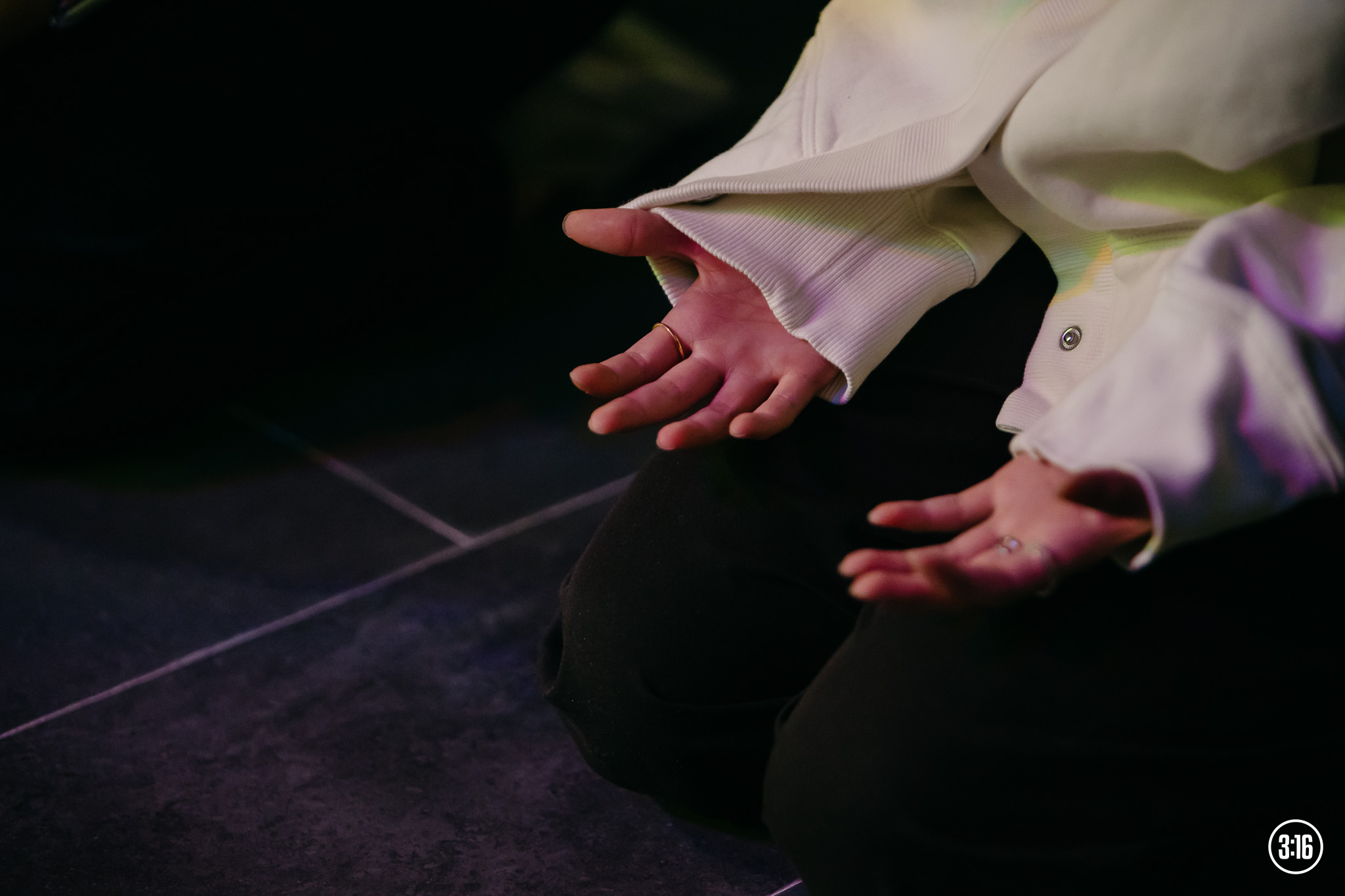Truth be told, this year I don’t feel altogether “christmassy”. The week preceding Christmas has been laden with happenings that brought much discouragement and disappointment. I questioned why. Why of all times do I feel “unchristmassy” on Christmas week?
It could’ve been any other time of the year, or at a few weeks before, right? Coupled with the fact that my close friends weren’t in town to celebrate Christmas with me, it led to one of those really low moments of the year.
Why God? Why now?
But through this “unchristmassy” lens, my eyes were somehow opened to see the “other side” of Christmas.
Through a Sunday service and Christmas thanksgiving gathering, I was guided twice to read Matthew 2. Matthew 2 recounts the birth of Jesus, including the Three Wise Men‘s journey to worship Jesus and the part we tend to overlook – Herod’s “slaughter squad” (Matthew 2:16).
I was led to remember that while the birth of Jesus – why we celebrate Christmas – is indeed a joyous and celebratory occasion, it was also followed by a period of mass innocent bloodshed of boys of the age of 2 and below.
“Then Herod, when he saw that he had been tricked by the wise men, became furious, and he sent and killed all the male children in Bethlehem and in all that region who were 2 years old or under, according to the time that he had ascertained from the wise men.” (Matthew 2:16)
I was reminded that on the other side of Christmas, as shepherds and sages alike rejoiced, there were those who suffered greatly in the aftermath of the Saviour’s birth. And this Christmas, like every Christmas, there are people all over the world who are grieving amidst the festivities – who feel nothing short of “unchristmassy”.
Because of Christmas, grace went from theory to reality; hope could be seen in the flesh; and love was given a name.
Perhaps we need to stop defining Christmas by a feeling.
This revelation reminded me that even though Mary’s boy child, Jesus Christ, was born on Christmas Day, we still live in a world filled with brokenness and pain.
But here’s the thing about joy, which is not a feeling, but a response to hope: Because of Christmas, grace went from theory to reality; hope could be seen in the flesh; and love was given a name.
“Blessed be the God and Father of our Lord Jesus Christ! According to his great mercy, he has caused us to be born again to a living hope through the resurrection of Jesus Christ from the dead …” (1 Peter 1:3)
So if you are like me, feeling a little “unchristmassy”, I pray that you too draw comfort from the birth of Jesus. His birth birthed forth for all who believe in Him a living hope, even in the midst our our own tragedy and mourning. Not all of the Christmas story was “christmassy” the way we know it – and that’s the comfort we hold onto.
“God’s ways are high, and you will know
In time. But I have come to show
You what the Lord prepared the night
You made a place for heaven’s light.”
(The Innkeeper, John Piper)
I thank God that I don’t need to feel all “christmassy” to truly experience the hope of Christmas, and you don’t either.
This is a submission from a participant of our Christmas Gift Exchange. From now till the end of December 2017, we are giving away a limited edition Thir.st Tumbler in exchange for every story on the Christmas themes of love, joy, peace, hope and giving. Click here to find out more.









